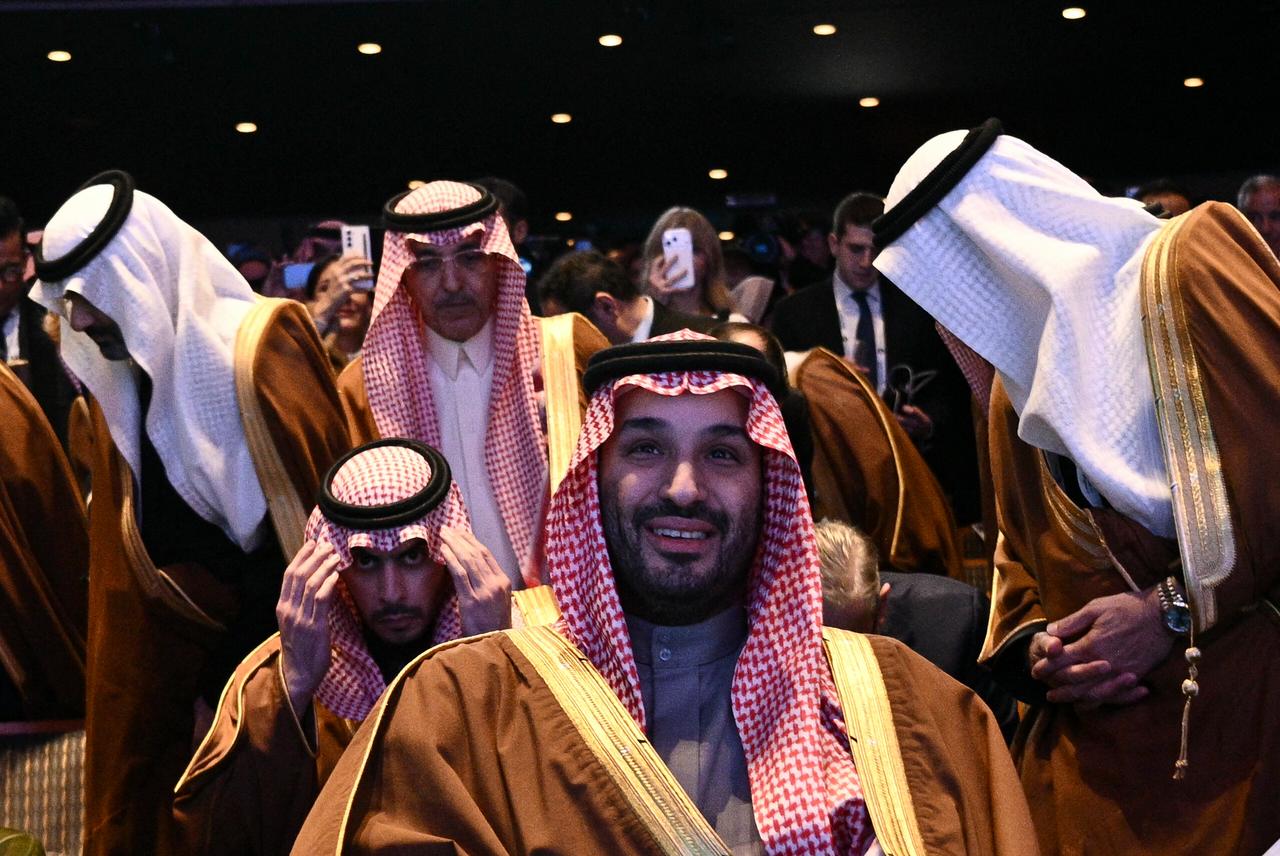
Artificial intelligence currently dominates global discourse. The alterations AI brings to daily life are compounding, leading to the delegation of numerous tasks to automated systems. Consequently, technological development has effectively become synonymous with advancements in AI.
However, the massive redirection of investment and economic resources toward this sector raises significant questions regarding a potential asset bubble. Accordingly, the debate bifurcates into two streams: technological determinism and economic uncertainty.
Current analyses often oscillate between these two poles. While some view AI as a rupture comparable to the Industrial Revolution, others argue that AI-driven innovation has reached a plateau and that marginal utility is diminishing.
Although the launch of Gemini 3.0 last week refreshed confidence in the sector, skepticism remains warranted. The critical focus must shift from hypothetical "superintelligence" debates to how existing technologies integrate into regional economies and security architectures. This is particularly pertinent regarding AI's trajectory in the Middle East.
The Gulf Cooperation Council (GCC) states view AI as the primary lever for the transition to a post-hydrocarbon economy. This is not merely aspirational; it is a strategy underpinned by concrete capital allocation.
According to PwC data, AI is projected to contribute $320 billion to the Middle East economy by 2030, representing approximately 2% of the global AI market.
Saudi Arabia is expected to secure the largest share, estimated at $135.2 billion, 12.4% of its gross domestic product (GDP). Reports indicate the Kingdom is planning an AI ecosystem valued at approximately $100 billion under "Project Transcendence."
Similarly, the United Arab Emirates (UAE) targets a contribution equivalent to roughly 14% of its GDP. Microsoft’s $1.5 billion investment in the UAE-based firm G42 serves as tangible evidence that the region is becoming a gravitational center for global technology capital.
While economic forecasts appear optimistic, demographic realities present structural risks. Youth employment is a critical challenge in GCC nations. McKinsey data suggests that 84% of GCC enterprises have adopted AI in at least one function. While this boosts efficiency, it threatens employment levels for low- and mid-skilled labor.
The UAE’s revision of its education curriculum to focus on AI from kindergarten onward is an attempt to prepare for this structural shift. However, it remains unclear whether education reform can keep pace with the velocity of the labor market.
The most concerning aspect of regional technological progression lies in military applications. The declining cost of Unmanned Aerial Vehicles (UAVs) and autonomous systems democratizes access for non-state actors, risking the transformation of the region into a potential "AI warfare laboratory."

For instance, systems such as "Habsora" (The Gospel) and "Lavender," allegedly utilized by Israel in Gaza operations, have made AI’s role in targeting cycles highly controversial. These systems reportedly automate target generation, minimizing human oversight.
Concurrently, the adoption of swarm UAV tactics by Iran and its proxies is altering the nature of asymmetric warfare. Investments by Saudi Arabia and the UAE in Lethal Autonomous Weapons Systems (LAWS) may further deepen security dilemmas. Additionally, the proliferation of facial recognition technology introduces serious ethical concerns regarding civil liberties and social control mechanisms.
Türkiye’s approach diverges structurally from the Gulf, a nuance often overlooked in regional analyses. While GCC states focus on capital export and foreign technology transfer, Türkiye pursues an indigenization strategy centered on its defense industry.
However, the country is set to remain behind the target figure as the end of 2025 approaches. The autonomous flight and targeting algorithms in UAV technologies (specifically Bayraktar TB2 and Akınci) represent the most concrete, battle-tested examples of Türkiye’s AI capacity.
However, integration into the civilian industrial sector proceeds more slowly than in the Gulf due to financing constraints.
AI constitutes a new front in the technological hegemony struggle between the U.S. and China in the Middle East. To prevent the leakage of American chip technology to China, Washington has restricted the export of advanced chips, such as the Nvidia H100 and A100, to the region, including Saudi Arabia and the UAE.
This forces regional actors into a difficult diplomatic balancing act. G42’s severing of ties with Chinese suppliers in exchange for the $1.5 billion partnership with Microsoft is the clearest indicator of this pressure.
Finally, the concept of "Sovereign AI" is gaining traction. Nations seek to develop their own infrastructure and Large Language Models (LLMs) rather than hosting data on Western servers. The UAE’s Falcon and Jais models, or Saudi Arabia’s AceGPT initiative, result from this pursuit.
Yet, the sustainability of these projects is strictly bound by chip embargoes and the cooling capacity of energy infrastructure. In a water-scarce geography, the massive water and electricity consumption of data centers may eventually trigger a new environmental security crisis.